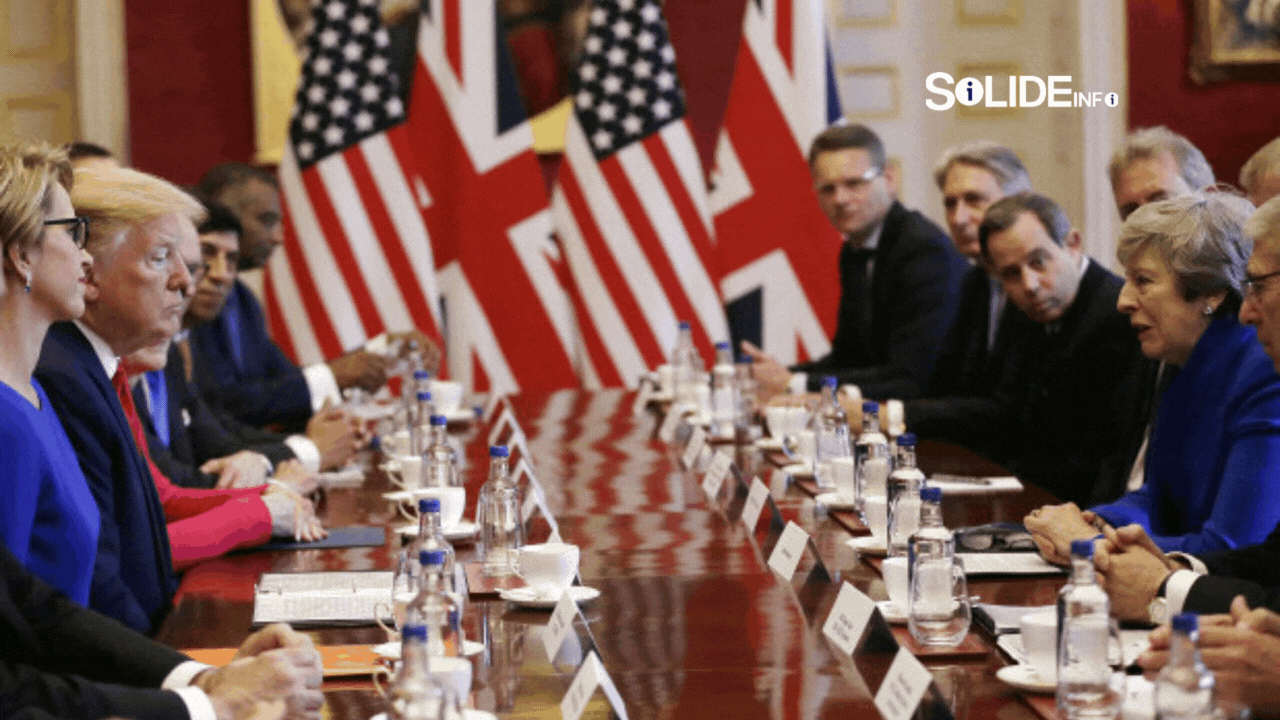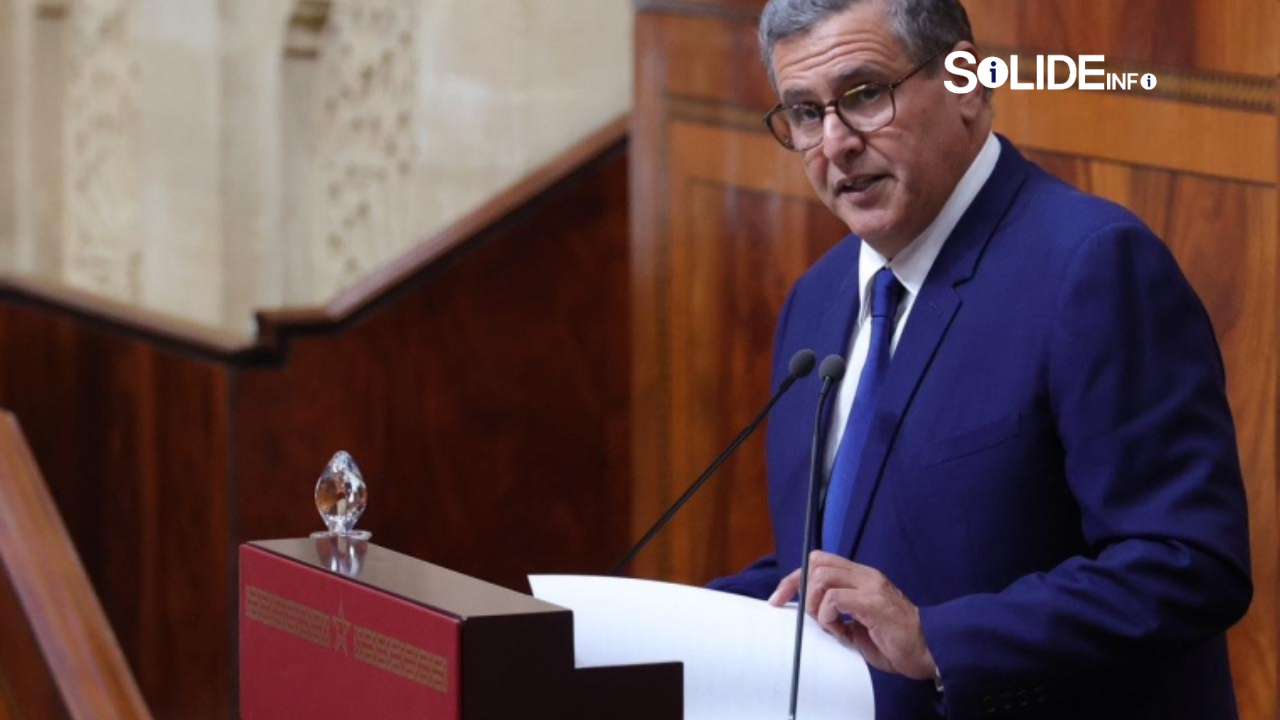How Donald Trump’s Trade Tariffs Could Reshape the UK’s Economic Future

The global economy is a delicate web of interconnected relationships, and few things can shake it quite like a shift in trade policies. With Donald Trump’s potential return to the White House, the specter of new trade tariffs looms large, raising questions about how the UK might navigate this uncertain landscape. As the US dollar faces scrutiny under an economically unpredictable administration, some are even speculating whether the British pound could emerge as a new safe-haven currency. But beyond the currency markets, the UK faces a deeper dilemma: should it align more closely with Trump’s America or pivot toward China’s growing influence?
The stakes are high, and the choices are far from simple. Let’s explore how Trump’s trade policies could impact the UK and what this means for the country’s future.
The Ripple Effects of Trump’s Tariffs
Donald Trump’s first presidency was marked by a bold, often controversial approach to trade. His administration imposed tariffs on billions of dollars worth of goods, targeting allies and adversaries alike. If he returns to power, there’s every reason to believe he’ll double down on this strategy. For the UK, this could mean higher costs for imports, disrupted supply chains, and strained trade relations with one of its largest partners.
The US is a critical market for British goods and services, and any tariffs imposed on UK exports could hit key industries hard. From automotive manufacturing to financial services, businesses could face significant challenges. On the flip side, Trump’s tariffs might also push the UK to diversify its trade relationships, potentially opening new opportunities elsewhere. But as with any major shift, there’s no guarantee the benefits will outweigh the costs.
The Pound as a Safe-Haven Currency?
One intriguing possibility is the role of the British pound in a world where the US dollar’s dominance is questioned. Historically, the dollar has been the go-to safe-haven currency during times of global uncertainty. But with Trump’s unpredictable policies and the potential for economic turbulence, some investors might start looking elsewhere.
The pound, with its long history and relatively stable institutions, could emerge as an attractive alternative. While the euro is another contender, the UK’s decision to leave the EU has given it a degree of independence that might appeal to those wary of the eurozone’s challenges. However, this scenario hinges on the UK maintaining strong economic fundamentals and political stability—factors that are far from guaranteed in today’s volatile climate.
The UK’s Geopolitical Tightrope: America or China?
Perhaps the most pressing question is where the UK should position itself geopolitically. On one hand, there’s the US—a longstanding ally with deep cultural and historical ties to Britain. On the other, there’s China, a rising superpower eager to expand its influence and investment globally.
Under Prime Minister Keir Starmer, the UK has been walking a fine line. Recent agreements with China, worth £600 million over the next five years, signal a willingness to engage with Beijing. At the same time, Starmer has praised Trump’s foreign policy, particularly on issues like Israel. But as tensions between the US and China escalate, the UK may find it increasingly difficult to maintain this balancing act.
Aligning too closely with the US could mean weathering Trump’s tariffs and potentially compromising on issues like food safety standards or the NHS. On the other hand, leaning toward China carries its own risks, from concerns over espionage to the ethical implications of partnering with a regime accused of human rights abuses.
Navigating the New Normal
The UK’s post-Brexit reality has already forced it to rethink its place in the world. Trump’s potential return adds another layer of complexity to an already challenging situation. Whether the pound becomes a safe-haven currency or not, the broader issue is how the UK positions itself in a world where the old rules no longer seem to apply.
One thing is clear: the UK can’t afford to sit on the sidelines. It must actively shape its future, whether that means forging stronger ties with traditional allies, exploring new partnerships, or reimagining its role on the global stage. The decisions made in the coming years will have far-reaching consequences, not just for the economy but for the UK’s place in the world.
This article is for informational purposes only and should not be considered professional advice.




